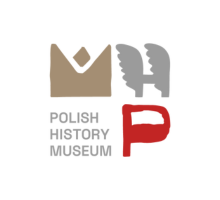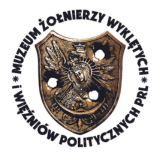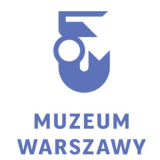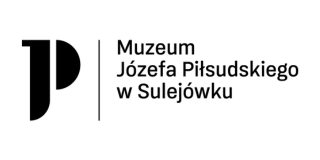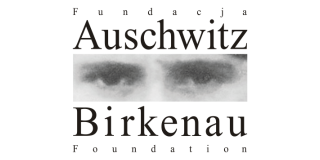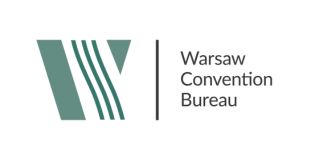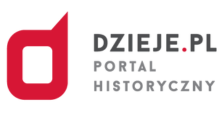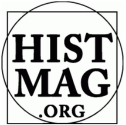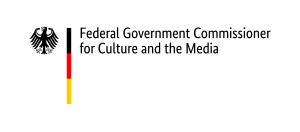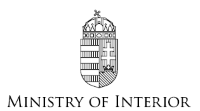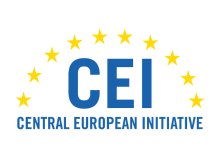This film is an extended teaser of an 18-episode series of the same title, following the first of its six recorded ‘seasons’ of the series. Experts in the studio comment on selected topics related to the Cold War between the East and West after the Second World War, looking for references in contemporary times. A number of historians make their contributions as part of the filmmakers’ collaboration with the Institute of National Remembrance.
The origins of the Cold War date back to 70 years ago. ‘From Stettin in the Baltic, to Trieste in the Adriatic, an iron curtain has descended across the continent,’ Churchill said on 5 March 1946 at the University of Fulton, State of Missouri (USA) in the presence of President Harry Truman. In Central and Eastern Europe, the Soviet sphere of influence was gradually transforming into a zone of absolute Soviet domination. The turning point came with Joseph Stalin’s speech in Moscow in February 1946: ‘As long as there are capitalist states, the threat of a new armed conflict will be real,’ Stalin stated, opening the eyes of the West. The ideological war of words was joined by US Secretary of State James Byrnes, who declared - in Stuttgart on 6 September 1946 - that the Americans would not abandon Germany and the US military presence in Europe would be permanent.
Such was the beginning of the Cold War.
Why is it worth revisiting this subject 70 years later? The authors of the series The Cold War Files, Andrzej Mietkowski and Jan Sosiński, put forward a strong premise: contemporary geopolitical events, the games being played on the international stage, Moscow’s power methods - all this together shows emphatically that the Cold War c o n t i n u e s. It simply has not ended.
The term has been ubiquitous in recent years. The Salisbury assassination of the former KGB agent Sergei Skripal, the murder of another fugitive from Soviet special services Alexander Litvinenko in London, the expulsion of more than 100 Russian diplomats from Western countries, hybrid warfare, interference, infiltration, disinformation.... The Cold War Files presents the roots of these political phenomena, recalls the basic concepts and events precisely in order to place on the timeline the events that are still ongoing. Viewers find it easier to assess the context of contemporary phenomena when they see them as a result of past events.
The film makes use of rich archival sources, above all recordings of Radio Free Europe, an American station that since the 1950s employed refugees from communist countries who broadcast forbidden free speech to their countries from outside the Iron Curtain, from Munich. They were hated by the communist secret services and for this reason were themselves targeted by them, sometimes paying with their lives for their mission.
The Cold War Files often draws on the archives of Radio Free Europe’s Polish Broadcasting Service. It includes half a million minutes of unique recordings (!) from 1950 onwards. An agreement with Free Europe in Washington allows us to use American film documents from the Cold War years on air. Other extraordinary film recordings made available to the makers of this production were the work of Poles in exile - Paris, Munich, London and Washington. Before the fall of communism in Poland and Eastern Europe, their creators were exiles from their own homeland.
The origins of the Cold War date back to 70 years ago. ‘From Stettin in the Baltic, to Trieste in the Adriatic, an iron curtain has descended across the continent,’ Churchill said on 5 March 1946 at the University of Fulton, State of Missouri (USA) in the presence of President Harry Truman. In Central and Eastern Europe, the Soviet sphere of influence was gradually transforming into a zone of absolute Soviet domination. The turning point came with Joseph Stalin’s speech in Moscow in February 1946: ‘As long as there are capitalist states, the threat of a new armed conflict will be real,’ Stalin stated, opening the eyes of the West. The ideological war of words was joined by US Secretary of State James Byrnes, who declared - in Stuttgart on 6 September 1946 - that the Americans would not abandon Germany and the US military presence in Europe would be permanent.
Such was the beginning of the Cold War.
Why is it worth revisiting this subject 70 years later? The authors of the series The Cold War Files, Andrzej Mietkowski and Jan Sosiński, put forward a strong premise: contemporary geopolitical events, the games being played on the international stage, Moscow’s power methods - all this together shows emphatically that the Cold War c o n t i n u e s. It simply has not ended.
The term has been ubiquitous in recent years. The Salisbury assassination of the former KGB agent Sergei Skripal, the murder of another fugitive from Soviet special services Alexander Litvinenko in London, the expulsion of more than 100 Russian diplomats from Western countries, hybrid warfare, interference, infiltration, disinformation.... The Cold War Files presents the roots of these political phenomena, recalls the basic concepts and events precisely in order to place on the timeline the events that are still ongoing. Viewers find it easier to assess the context of contemporary phenomena when they see them as a result of past events.
The film makes use of rich archival sources, above all recordings of Radio Free Europe, an American station that since the 1950s employed refugees from communist countries who broadcast forbidden free speech to their countries from outside the Iron Curtain, from Munich. They were hated by the communist secret services and for this reason were themselves targeted by them, sometimes paying with their lives for their mission.
The Cold War Files often draws on the archives of Radio Free Europe’s Polish Broadcasting Service. It includes half a million minutes of unique recordings (!) from 1950 onwards. An agreement with Free Europe in Washington allows us to use American film documents from the Cold War years on air. Other extraordinary film recordings made available to the makers of this production were the work of Poles in exile - Paris, Munich, London and Washington. Before the fall of communism in Poland and Eastern Europe, their creators were exiles from their own homeland.


